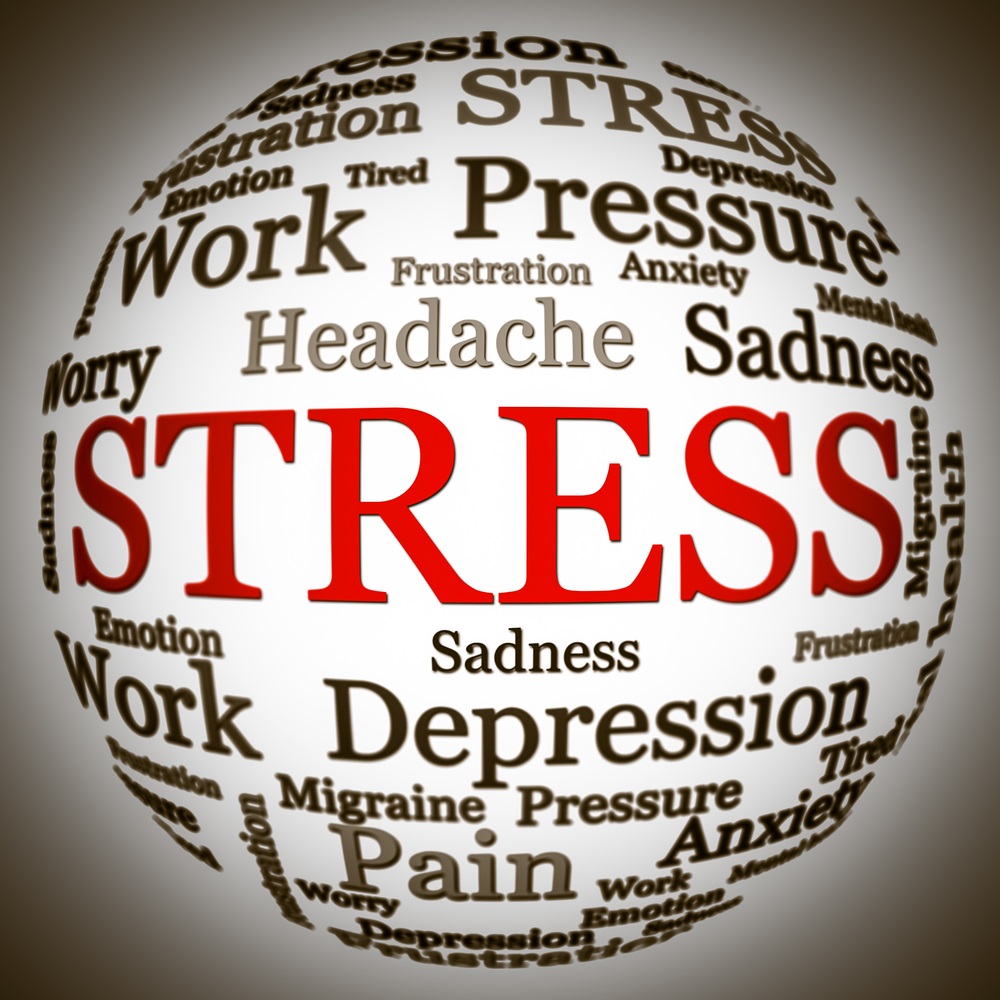 If you’re like most working adults, you probably don’t take enough vacation days. However, it is necessary to find ways to recharge even if you can’t go on a vacation.
If you’re like most working adults, you probably don’t take enough vacation days. However, it is necessary to find ways to recharge even if you can’t go on a vacation.
Many professionals have no vacation benefits in today’s booming gig economy.
Even if you work at a typical job, you may feel that your supervisor discourages you from using your vacation time.
Furthermore, you may be apprehensive about being replaced if you are absent from the office for an extended period.
Vacations, on the other hand, have been shown to benefit both employers and employees.
Taking time away from work boosts productivity and minimizes burnout. You have to find ways to recharge!
While there is no substitute for a good vacation, you may make the period between vacations more enjoyable and gratifying.
Try out these suggestions for taking short breaks at work and away from the workplace.
Find Ways to Recharge with Workplace Mini-Breaks:
1. Change Up Your Tasks.
Examine your job description again. Find strategies to devote more time to the tasks that will help you attain a sense of flow.
Perhaps you can assign the rest or alternate between them to avoid boredom.
2. Redecorate Your Workstation.
A change of environment can lift your spirits. Bring in a flowering plant that is easy to maintain.
Display photos of your family and pets. Begin accumulating small toys or quirky desk items.
3. Extend Your Muscles.
 Every half hour, get up and do some small exercises. Reach for your toes by bending forward.
Every half hour, get up and do some small exercises. Reach for your toes by bending forward.
Raise your arms over your head and slowly lower them to each side, palms facing forward.
4. Take a Stroll.
Inquire with your coworkers about organizing a walking meeting.
They could prefer the thought of getting some fresh air and exercise while you talk about business.
5. Advance Your Career.
Taking charge of your future could allow you to take more vacation time and achieve other work-related objectives.
Assess your abilities and focus on areas where you want to improve.
Taking Short Breaks from Work:
1. Change Your Attention.
Do you find yourself thinking about work even when you’re not at work? Make a concerted effort to disconnect.
Create rituals that help you put work behind you, such as going to the gym or walking your dog when you get home.
2. Switch Off Your Phone.
Avoid answering calls or viewing emails relating to your business if at all possible.
Discuss with your manager how to strike a balance between after-hours emergencies and your need for personal space.
3. Pursue Your Hobby.
 According to studies, physical leisure is more relaxing than watching TV.
According to studies, physical leisure is more relaxing than watching TV.
Pursue your interests in wine collection, photography or furniture construction.
Pay a visit to museums and public gardens.
Play board games and sports.
4. Make Contact with People.
Respect your personal requirements for solitude and socialization.
When you’re among your friends and family, use the time to validate and encourage one another.
5. Investigate Potential Destinations.
According to research, holiday preparation might be almost as helpful as the actual trip.
Sending out brochures or conversing with people about their ideas will give you something to look forward to.
Build excitement by trying out local cuisine or viewing international films.
Additional Suggestions:
1. Schedule Your Day.
Instead of waiting for things to calm down, schedule breaks every day. Your mind and body require regular rest.
2. Give Abundantly.
We feel less stressed when we think about others. Make your spouse or a stranger smile by doing something.
3. Consider Your Goal.
Any task becomes more bearable when you remember why you are doing it. Consider what you enjoy about your job.
If You Can’t Take a Vacation, Find Ways to Recharge!
Give yourself ample rest to renew and recharge to protect your career and your health.
When a trip is not an option, treat yourself to some rest and relaxation wherever you are.





